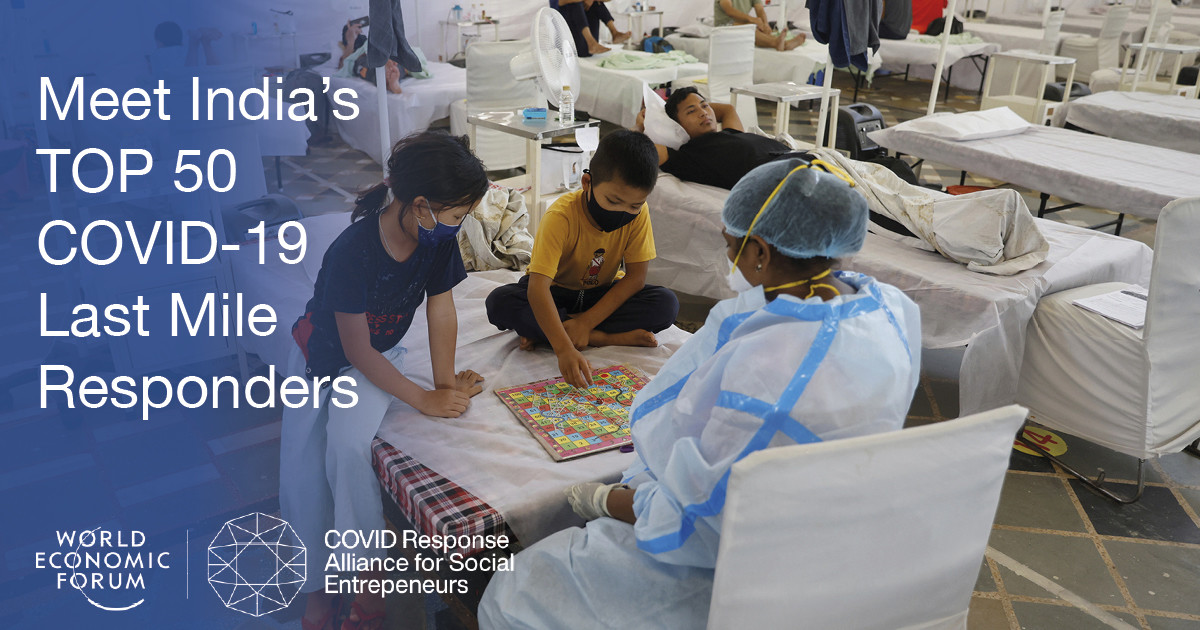COVID-19: What you need to know about the coronavirus pandemic on 11 October

Businesses, including barbers, have reopened in Sydney, Australia.
Image: REUTERS/Loren Elliott
Stay up to date:
Pandemic Preparedness and Response
- This daily round-up brings you a selection of the latest news and updates on the COVID-19 coronavirus pandemic, as well as tips and tools to help you stay informed and protected.
- Top stories: Confirmed COVID-19-related deaths pass 600,000 in Brazil; Study reports surge in anxiety due to pandemic; Lockdown restrictions eased in Sydney.
1. How COVID-19 is affecting the globe
Confirmed cases of COVID-19 have passed 237.8 million globally, according to Johns Hopkins University. The number of confirmed deaths stands at more than 4.85 million. More than 6.48 billion vaccination doses have been administered globally, according to Our World in Data.
New Zealand will make COVID-19 vaccines mandatory for teachers and workers in the health and disability sectors.
Restrictions have been eased in Sydney, with cafes, gyms and restaurants opening to fully vaccinated customers, after nearly four months of lockdown.
Venezuela has received a second batch of 2.5 million COVID-19 vaccine doses via COVAX, the vaccine sharing facility.
Tokyo has reported its lowest single-day rise in confirmed COVID-19 cases since 19 October 2020.
The United States will accept international visitors who've had COVID-19 vaccines authorized by US authorities or the World Health Organization.
Italy has reached a target of fully vaccinating 80% of the population over the age of 12 against COVID-19.
Moderna has announced its plans to deliver 1 billion doses of its COVID-19 vaccine to low-income countries next year - in addition to the doses it has already committed to COVAX.
From 19 October, fully vaccinated people from eight countries, including Britain, France, Spain and the US, will be able to enter Singapore without the need for quarantine.
Accept our marketing cookies to access this content.
These cookies are currently disabled in your browser.
2. Anxiety surged due to pandemic - study
The COVID-19 pandemic saw a surge in anxiety and major depressive disorders across the world - in particular among women and young people.
The study, published in the Lancet, said that young people suffered as school closures kept them away from friends, while many women found themselves doing the bulk of household work and faced an increased risk of domestic violence.
It recorded 76 million additional cases of anxiety disorders and 53 million of major depressive disorder as COVID-19 spread in 2020.
"Sadly, for numerous reasons, women were always more likely to be worse affected by the social and economic consequences of the pandemic," study co-author Alize Ferrari said.
"Additional caring and household responsibilities tend to fall on women, and because women are more likely to be victims of domestic violence, which increased at various stages of the pandemic."
India’s leading COVID-19 last-mile responders
3. COVID-19 deaths pass 600,000 in Brazil
Confirmed COVID-19-related deaths have passed 600,000 in Brazil, the country's health ministry announced on Friday. It sees Brazil become the second country, after the United States, to pass the milestone.
There are signs though that infections are starting to slow in Brazil, with deaths down 80% from their peak of more than 3,000 per day in April. 615 new COVID-19 deaths were reported on Friday to take Brazil past 600,000.
More than 21.5 million confirmed cases have been reported in Brazil, according to Johns Hopkins. More than 70% of Brazilians have now received a first dose of a COVID-19 vaccine.
Don't miss any update on this topic
Create a free account and access your personalized content collection with our latest publications and analyses.
License and Republishing
World Economic Forum articles may be republished in accordance with the Creative Commons Attribution-NonCommercial-NoDerivatives 4.0 International Public License, and in accordance with our Terms of Use.
The views expressed in this article are those of the author alone and not the World Economic Forum.
Forum Stories newsletter
Bringing you weekly curated insights and analysis on the global issues that matter.
More on Health and Healthcare SystemsSee all
Victor Dzau and Paula Bellostas Muguerza
May 21, 2025
Sofiat Makanjuola-Akinola and Dr Zainab Shinkafi-Bagudu
May 19, 2025






